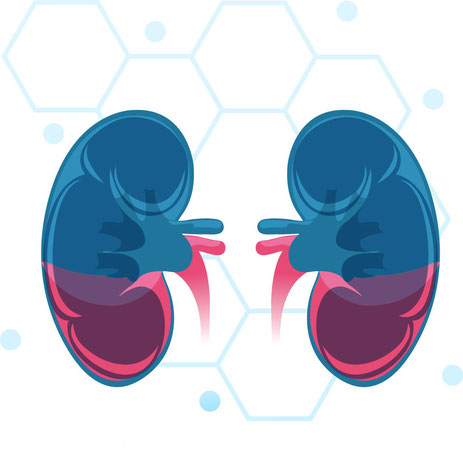The WBR has a dialysis centre with state-of-the-art haemodialysis and reverse biosmosis equipment for water treatment, which operates in two daily shifts for a total of 20 beds.
The haemodialysis department guarantees the following dialysis methods:
F.A.Q. - Fragen zur Dialyse
-
How long does a dialysis session last?
Dialysis treatment generally lasts 3 to 5 hours. Most people with chronic kidney disease.
-
What is renal failure?
What are the consequences of kidney failure? A reduction in the volume of urine, although in some cases this does not change. Water retention, which manifests itself as swelling of the legs, ankles or feet. Drowsiness. Shortness of breath if fluid accumulates in the lungs (pulmonary oedema).
-
What does the dialysis nurse do?
The nurse carries out the washing and disinfection procedures for the internal circuit of the dialysis monitor, following the instructions on the equipment itself. The nurse must ensure and check that the washing and disinfection cycle is successful and that there are no alarms.
-
How often do you have dialysis?
Haemodialysis treatment is carried out on average three times a week, lasting four hours per session. Patients are therefore occupied three mornings or three afternoons a week for their haemodialysis treatment.
Radio service and television
Wirless network for internet
Confidential and protected environment
Bar - Service

What does dialysis mean?
This is a kidney replacement therapy administered to people with severely reduced kidney function. The procedure replaces the four basic functions of the kidney:
- elimination of toxic substances,
- electrolyte rebalancing,
- acid-base rebalancing,
- elimination of liquids.

WBR CENTRO DIALITICO SRL - VIA BOLZANO 15/4 - 39011 Lana (Bz) - P.IVA 02370800217 | DADEpc comunicazione



